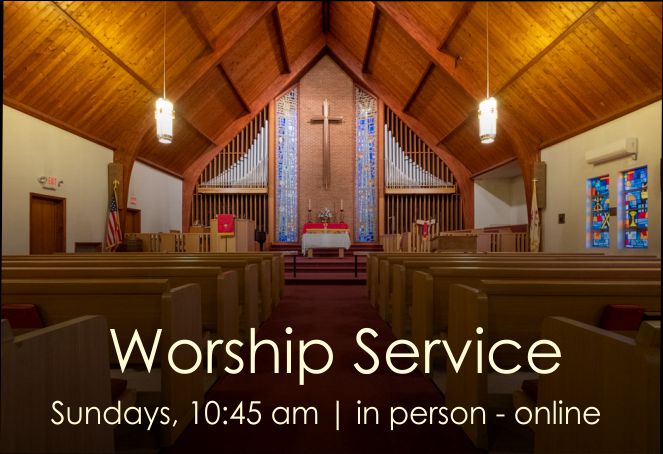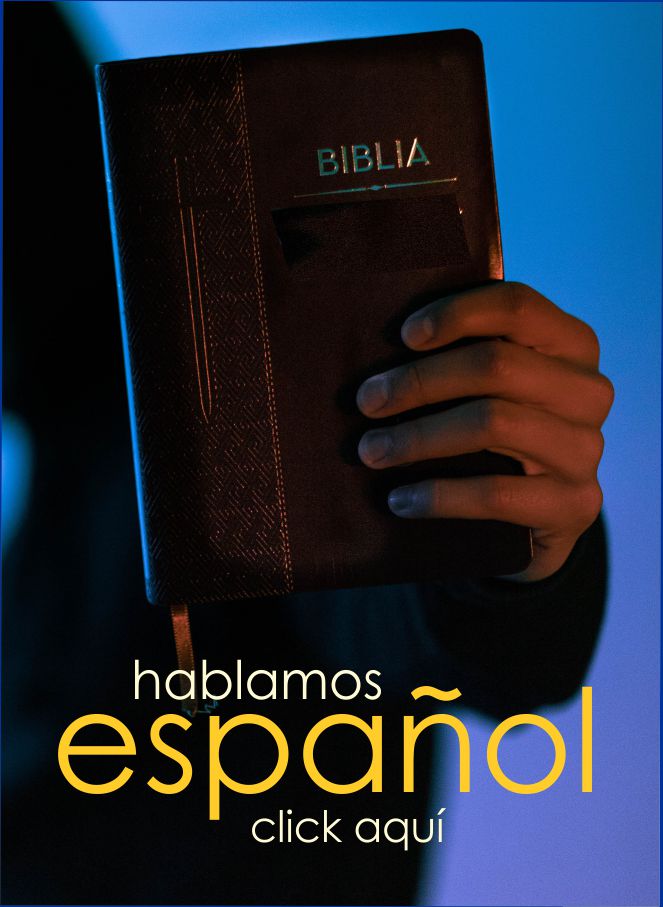A new leadership

In the passage of John 6:24-35, we find a story that is rich in meaning and open to many interpretations. It is a pericope, a self-contained story, that can be understood in different ways depending on the perspective we bring to it. One of the most fascinating aspects of Jesus’ teachings is how he used stories and metaphors to convey deeper values and principles. Through these narratives, he invited people to think beyond the immediate and the obvious, to consider the more profound needs of the human spirit.
Through the last e-note, we reflected on the miracle of the loaves and fishes, where Jesus fed a large crowd. This act was not just about satisfying hunger; it was about creating a space where people could gather, share, and enjoy a meal together. It is worth noting that Jesus did not just provide bread; he also provided fish, which, according to some scholars, was considered a luxury at the time. In the midst of poverty, Jesus offered not just sustenance, but a moment of dignity and joy.
However, in this story, Jesus takes the conversation to a deeper level. He acknowledges that while feeding people is important, it is only a temporary solution. We all know that after eating, hunger returns in a few hours. Jesus was well aware of the political and social realities of his time. The people were oppressed by the Roman Empire, and their struggles went far beyond mere hunger. When Jesus said, “Do not work for food that spoils, but for food that endures to eternal life, which the Son of Man will give you,” he was urging them to look beyond their immediate needs and to consider what would truly sustain them in the long run.
The crowd was seeking again a quick fix, a miracle that would solve their problems. But Jesus wanted them to understand that the solution to their struggles would not come from a single meal or a single act. They needed something more lasting, something that would address the root of their problems. He spoke of the “bread of life,” something that would not just satisfy their physical hunger, but would nourish their souls and give them the strength to face their challenges.
When Jesus referred to himself as the “bread of life” and mentioned the manna that their ancestors ate in the wilderness, he was making a profound statement. He was telling them that things were changing, that the old ways of doing things were no longer sufficient. Moses’ leadership had been necessary for the past, but now, they needed a new kind of leadership for their present situation. Jesus was offering them something more than just survival; he was offering them a way to thrive, even in the face of adversity.
This passage challenges us to reflect on our own lives and our own times. We need to understand the changing needs of the world around us and to recognize that different times call for different types of leadership. It is important to honor the leaders of the past and the contributions they made, but we must also be open to new types of leadership which bring fresh solutions and relevant answers for today’s challenges.
The “bread of life” that Jesus speaks of is a symbol of this new way of thinking, this new approach to life. If we want to truly live and not merely survive, we need to embrace this bread, this eternal sustenance that Jesus offers. It is a call to look beyond the immediate, to invest in what will last, and to be willing to make the sacrifices necessary for true and lasting change. In doing so, we find the nourishment that sustains us not just for a day, but for eternity.
Warmly,
Rev. David Gaitan – Pastor









